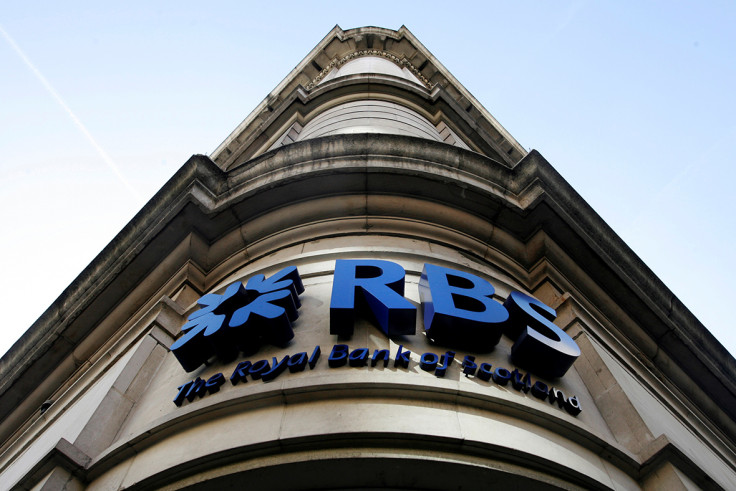British banks well placed to withstand 'disorderly Brexit'
All seven major UK lenders pass Bank of England's stress tests for first time since 2014.

British banks are well placed to withstand the impact of a "disorderly Brexit", the Bank of England said as it published the result of its latest stress test on high street lenders.
Threadneedle Street officials said they were aware that the potential risks deriving from a hard Brexit, coupled with the threat of a global recession and hefty fines from global regulators, could put the banking sector under enormous pressure.
Britain's seven major lenders - HSBC, Nationwide, Barclays, Royal Bank of Scotland, Lloyds, Standard Chartered and the UK arm of Santander - would incur losses of about £50bn each in the hypothetical scenario the BoE analysed.
That scenario, which formed the core of the Bank's half-yearly review of the financial system, included a 4.7% fall in UK GDP, a 33% fall in house prices, interest rates rising to 4% and a 27% fall in the pound.
"The UK banking system could continue to support the real economy through a disorderly Brexit," said the Bank's financial policy committee.
"However the combination of a disorderly Brexit and a severe global recession and stressed misconduct costs could result in more severe conditions than in the stress test."
Mark Carney, governor of the Bank of England, said: "The FPC is taking action to ensure the financial system is resilient to a very broad range of risks so that the people of the UK can move forward with confidence that they can access the financial services they will need to seize the opportunities ahead."
It is the first time since 2014, when the BoE conducted its first stress tests, that Britain's high street lenders have not been asked to raise billions of pounds to strengthen their finances. However, Barclays and RBS, which remains 70%-owned by the taxpayer, only passed the test because the BoE took into account its efforts to raise capital since the end of last year.
Spreadex financial analyst Connor Campbell suggested the tests proved the position of Britain's financial sector had improved considerably over the last decade.
"Just 10 years ago the £50bn figure would have wiped the sector out, showing the progress that's been made since the financial crisis," he said.
The test results, however, could spell bad news for Barclays and RBS' shareholders.
"The news was encouraging for most of the banks except Barclays and RBS," said Naeem Aslam, chief market analyst at Think Markets UK.
"Both banks arose as the weakest lenders in the UK under the unfavourable stress test scenarios. This is going to make matters tough for these banks to reinstate the dividend which they were eager to do so for some time."






















